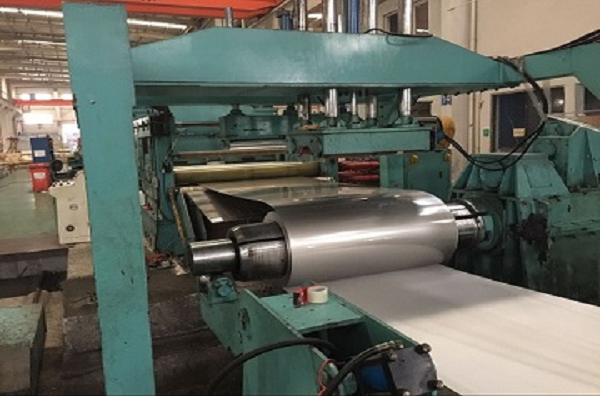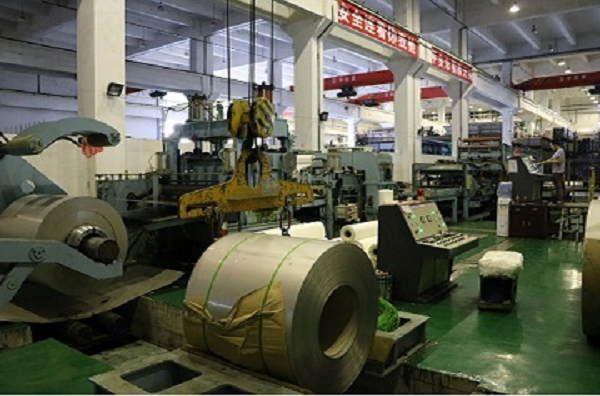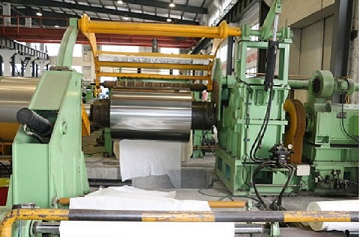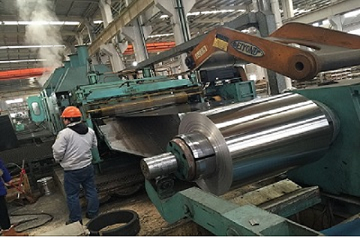Home > Products > Stainless steel coil & strip > 210 Stainless Steel Coil


210 Stainless Steel Coil
Application
Cooking Utensils
Restaurant Equipment
Appliances
Automotive Trim
Architectural Applications
corrosion resistance
The general level of corrosion resistance of Type 201 is similar to Type 301. Type 201 should perform adequately as a replacement for
Type 301, in most mild environments. The scaling resistance of Type 201 is less than that of Type 301. Type 201 resists destructive scaling up to about 1500 °F (816 °C), about 50 °F (28 °C) less than Type 301.
fabrication
Type 201 Stainless Steel can be fabricated by bench forming, roll forming and brake bending in much the same manner as Type
301. However, because of its higher strength, it may exhibit greater springback. This material can be drawn similarly to Type 301 in most
drawing operations if more power is used and the hold-down pressure is increased.
Weldability
The austenitic class of stainless steels is generally considered to be weldable by the common fusion and resistance techniques. Special
consideration is required to avoid weld “hot cracking” by assuring formation of ferrite in the weld deposit. As with other chrome-nickel
austenitic stainless steel grades where carbon is not restricted to 0.03% or below, the weld heat affected zone may be sensitized
and subject to intergranular corrosion in some environments. This particular alloy is generally considered to have poorer weldability to
the most common alloy of this stainless class, Type 304L Stainless Steel. When a weld filler is needed, AWS E/ER 308 is most often
specified. Type 201 Stainless Steel is well known in reference literature and more information can be obtained in this way.
Heat treatment
Type 201 is not hardenable by heat treatment. Annealing: Anneal at 1850 – 1950 °F (1010 – 1066 °C), then water quench or rapidly air cool. The annealing temperature should be kept as low as possible, consistent with the desired properties, because Type 201 tends to scale more than Type 301
Properties:


- No Previous
- Next:304 Stainless Steel Coil






 Back to list
Back to list


